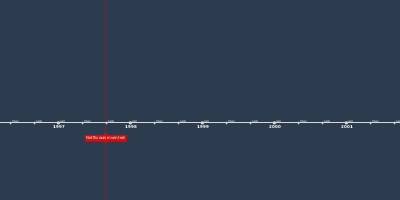apr 19, 1950 - French new wave
Description:
in 1950 to 1960 the 'French new wave' is described as one of the most influential movements in cinema history. It was a period in post-war France where exploration in the art of film making and it's importance on society was being thoroughly played with. It was an era of experimental and independent films, described as 'Guerrilla films' because of their very simple and realistic elements.They often played on culturally relevant ideas for France at the time which resenated with the youth of France, the films were very raw and real, such as long takes, improvisation, natural lighting, filming outside and not using real actors. They wanted to capture real life in films such as poverty and the working class and the after effects of the war.
Directors of these types of films such as Alexandre Astruc, Jean Douchet, Louis Malle and many more, used to be film critics and viewed film making as an expression of self and the world around them- They saw it as an art form that should be explored and treated as such. They were referred to as 'Auteurs,' like the word author, because they would have complete control over their films.
This movement is considered influential as it was the first time independent film making was properly explored, it set up the stage for independent filmmakers such as Martin Scorsese and Quentin Tarantino (who were both inspired by the French new wave) It revolutionised a new way of telling stories and exploring the simple artistic possibilities within film. This style of film making has inspired and continues to affect hundreds of independent film makers and areas of other industries such as fashion, music and advertising.
Added to timeline:
Date:
apr 19, 1950
Now
~ 75 years ago
